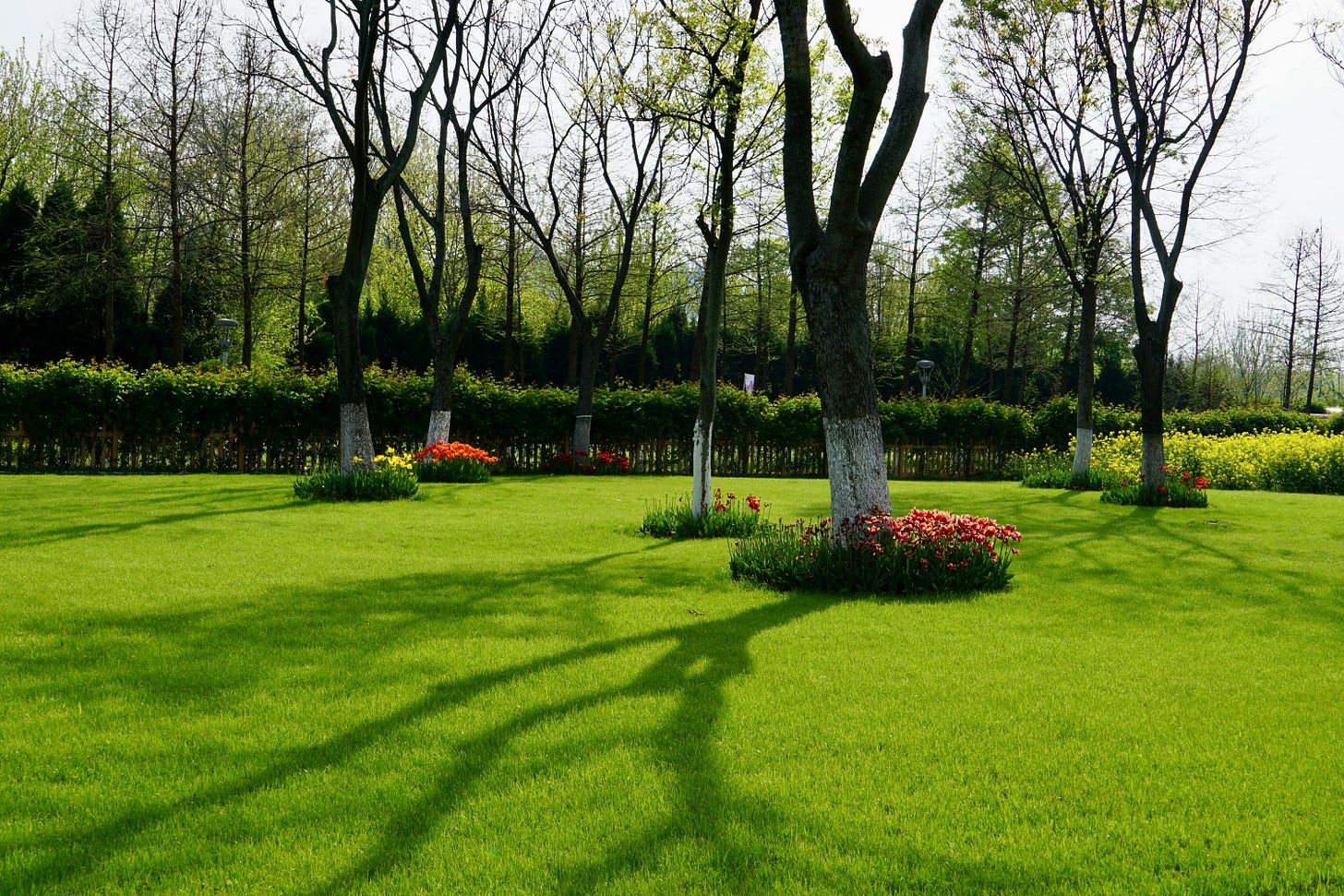
Your mind is like a garden—what you plant, nurture and allow to grow will ultimately shape the landscape of your life. Just as a garden requires intentional care to flourish, your mind needs consistent tending. Thoughts are like seeds: some are positive and life-giving, while others—like worry, resentment or self-doubt can choke out your peace and joy if left unchecked.
The Science of Thought and Happiness
The Thought-Happiness Connection
Modern neuroscience confirms what ancient wisdom long suspected: our thoughts have a profound impact on our emotional well-being. Every thought we think sends signals through neural pathways, releasing chemicals that shape how we feel. Positive thoughts trigger the release of neurotransmitters like dopamine, serotonin and endorphins, often called “feel-good” chemicals that uplift mood, reduce stress and create a sense of calm and contentment. Conversely, chronic negative thinking activates the brain’s threat centers, flooding the body with cortisol and adrenaline, which over time, can lead to anxiety, depression and physical health issues. Understanding this connection puts us in the driver’s seat of our happiness.
Neuroplasticity and Rewiring the Mind
The brain’s remarkable ability to change, known as Neuroplasticity—means that we can rewire our thought patterns through intentional practice. Just as physical habits build muscle, mental habits shape emotional experience. Repeatedly focusing on gratitude, compassion and solution-oriented thinking strengthens those neural circuits, making them more automatic over time. Cognitive behavioural therapy (CBT) and mindfulness practices use this principle to help individuals break free from unhelpful thought loops and replace them with more empowering beliefs. In essence, by changing how we think, we can literally change how our brain functions and how happy we feel.
Practical Tools for Thought-Driven Happiness
Harnessing the science of thought and happiness isn’t just theoretical—it’s deeply practical. Simple habits like journaling positive experiences, practicing daily gratitude, engaging in acts of kindness or challenging negative self-talk can have lasting effects on mood and mindset. Even spending just a few minutes each day in mindful reflection or deep breathing can interrupt negative patterns and restore emotional balance. Over time, these small shifts compound, leading to greater emotional resilience and a more stable sense of joy. Happiness, then isn’t just a feeling, it’s a skill, shaped by how we choose to think.
Ancient Wisdom Meets Modern Science
For centuries, ancient cultures have taught that the mind and body are deeply interconnected. Philosophies from Eastern traditions like Buddhism, Stoicism from the West, and holistic practices from Africa and Indigenous tribes emphasized mindfulness, balance, gratitude and intentional living as keys to inner peace. These teachings were grounded in observation, spiritual reflection and lived experience. While they lacked today’s scientific terminology, their insights into emotional regulation, the power of breath, the impact of thoughts and the healing nature of community and nature were remarkably profound and enduring.
Today, modern science is catching up to what the ancients instinctively knew. Neuroscience confirms that mindfulness changes brain structure, gratitude enhances mood-regulating neurotransmitters and breathwork can calm the nervous system. Psychological studies now validate what sages once proclaimed: our thoughts shape our reality and inner stillness cultivates resilience. The blending of ancient wisdom and modern research creates a powerful framework for holistic well-being where data supports intuition and spiritual practices are now seen as scientifically sound strategies for health and happiness. In this convergence, we find a deeper, more integrated path to thriving in body, mind and soul.
When Thoughts Betray You
There are moments in life when the mind becomes less of an ally and more of a critic, when your own thoughts seem to turn against you. This betrayal doesn’t come with warning signs; it arrives quietly, in the form of self-doubt, fear, harsh self-judgment or catastrophic thinking. It’s as if your thoughts no longer reflect reality, but rather amplify your insecurities and bury your confidence. You find yourself caught in loops that drain your energy and distort your sense of self. In these moments, it can feel as though your inner world is sabotaging your peace and even your sanity.
What we must remember is this: you are not your thoughts. Thoughts are mental events—temporary, fleeting and often shaped by past wounds, unhealed trauma or current stress. When your thoughts betray you, it’s usually because your mind is trying to protect you, albeit in a misguided way. It uses old narratives and defence mechanisms to avoid pain, but in doing so, it often creates more suffering. Recognizing that these thoughts are not facts, but rather interpretations, is the first step towards reclaiming your mental freedom and emotional stability.
The path to healing begins with awareness and compassion. When you notice your thoughts turning toxic, pause and challenge them. Ask: “Is this thought helpful? Is it true? Would I speak this way to someone I love?” Replace judgment with kindness and fear with curiosity. Through mindfulness, journaling, therapy or simply speaking with someone you trust, you can begin to rebuild the bridge between your thoughts and your truth. Even when your thoughts betray you, you have the power to respond with grace and to rewrite the story they’ve been telling.
Sustaining Your Mind Garden
Your mind is like a garden; what you plant, nurture and allow to grow will ultimately shape the landscape of your life. Just as a garden requires intentional care to flourish, your mind needs consistent tending. Thoughts are like seeds: some are positive and life-giving, while others like worry, resentment or self-doubt can choke out your peace and joy if left unchecked. Sustaining your mind garden means becoming mindful of what enters your mental space and choosing to water the thoughts that align with growth, hope and wholeness.
Daily practices like gratitude, stillness, affirmations and reflections are the tools that help maintain fertile mental soil. The weeds—negative patterns, toxic influences or mental clutter must be pulled regularly through intentional pauses, healthy boundaries and honest inner work. Just as a gardener doesn’t expect blooms without effort, you can’t expect inner peace without consistency. But the reward is beautiful: a mind that becomes a place of rest, clarity and strength, even when the outer world feels chaotic.
Sustaining your mind garden is not a one-time task, it’s a lifelong rhythm. Some days will feel effortless, others may require pruning and patience. But the more you return to the practice of mindful cultivation, the stronger your inner foundation becomes. Over time, you’ll find that your thoughts begin to reflect resilience rather than reaction, creativity over criticism.





💎
This was such a grounding read, thank you. The garden metaphor really landed. In midlife, many of us are realising how overgrown our minds have become with old beliefs and unchecked fears. Your reminder that we’re the gardeners not the weeds is powerful.